Recent Pamplin grads lead the way at the College Media Awards
"It is fantastic to see our students continue to earn national recognition for their work in our student-run publications," says Kim Davies, PhD.
Are you interested in learning how humanity has shaped the cultural, economic and political forces that impact our society today?
At Augusta University, the History program offers an experience like no other — one where the past is your lab and you can choose your own concentration so that your coursework fits your interests and employment goals. This program from Pamplin College of Arts, Humanities, and Social Sciences’ Department of History, Anthropology, and Philosophy prepares students for a variety of career options.
History, BA is for you if you consider yourself
What You'll Study
Students can choose from three concentrations: a Bachelor of History degree, a Bachelor of History with a Concentration in Public History or a Bachelor of History with a Secondary Teacher Certification. Each teaches you to think rigorously, evaluate arguments and evidence, conduct historical research and write clearly and precisely.
Focal Points
Experience-based Education
The capstone internship in the public history concentration prepares students to engage in the debates and discussions surrounding shared authority and the professionalization of local history.
The History Student Association brings history students together for monthly meetings and a variety of engaging events.
The Phi Alpha Theta honor society, a national organization with chapters throughout the world, encourages historical research and study, gives students valuable experience and cultivates important connections.
Whether you’re an undergraduate or graduate student, you’ll have opportunities to create your own research projects or work with faculty to tackle some of the world’s most complex and pressing challenges.
Pamplin College’s Center for Social Science Research involves students as active partners in research projects that assist local public and nonprofit agencies improve their effectiveness.
Student publications are an excellent way to find your voice and strengthen your portfolio, and Pamplin College has a wide range to get involved with.
Student clubs and organizations help you “plug in” to campus life in a way that can lead to meaningful connections, new interests and resume-enhancing experiences.



Interested in teaching?
If you are interested in working with students in grades 6-12, you might consider a certificate in Secondary Education in addition to your degree. Teachers, school counselors, and other educational personnel must be certified by the Georgia Professional Standards Commission to teach in elementary, middle, or secondary public schools.
Augusta University offers an opportunity to complete your teaching certification while earning your degree within specific programs of study. Once students have completed their coursework and passed their certification, they can add secondary teaching education to their list of career opportunities.
Learn about secondary education certificatesYour Future
The skills and knowledge acquired by a history degree are sought after by employers in a wide range of careers, including teachers and educators, researchers, museum curators, information managers and authors.
Overall, job prospects are steady, with museum jobs growing far faster than average.
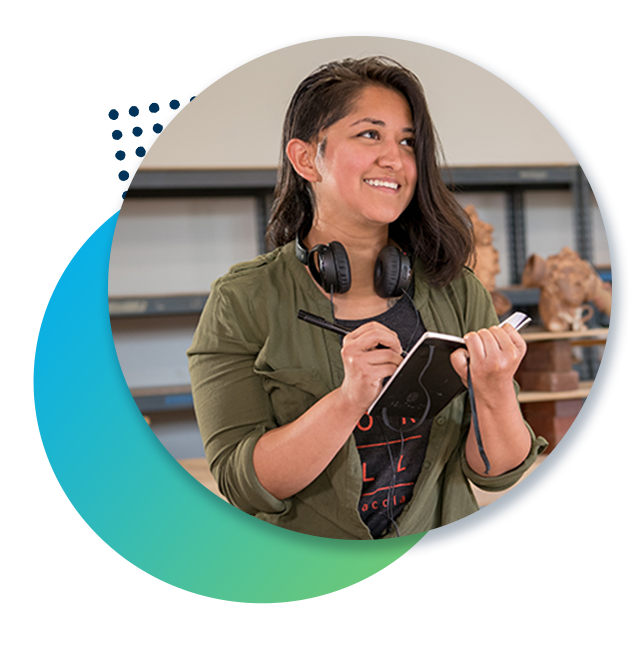
Concentrations allow you to chart your own course to reach the employment destination that matters to you.
Opportunities to engage with students and faculty outside the classroom help you further explore the issues and questions that inform our understanding of the past.
An historic campus with its own museum creates a living history and exposes you to issues of historical preservation and discovery.
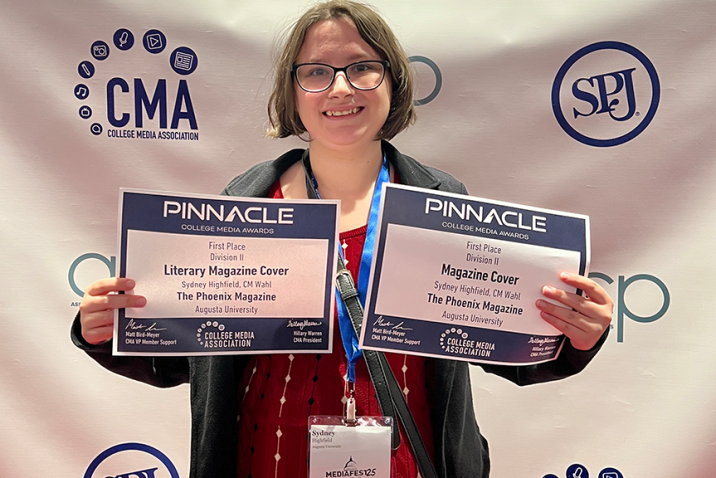
"It is fantastic to see our students continue to earn national recognition for their work in our student-run publications," says Kim Davies, PhD.
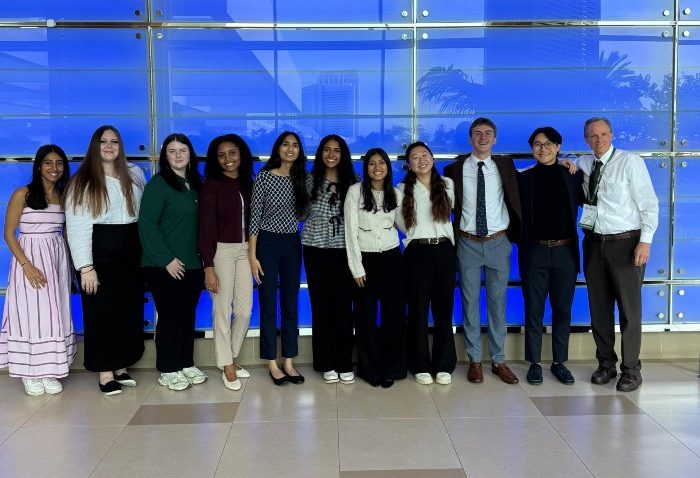
“This was so thrilling for me that so many people were curious about the project, and I was so eager to tell them as much as I could," says Madden Jones.
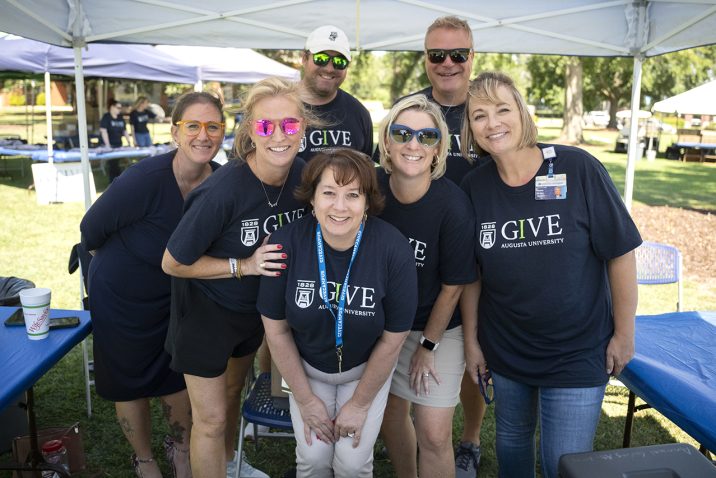
“Through IGIVE, we’ve come together to build a brighter future for our students and community," says Jeff Snow.
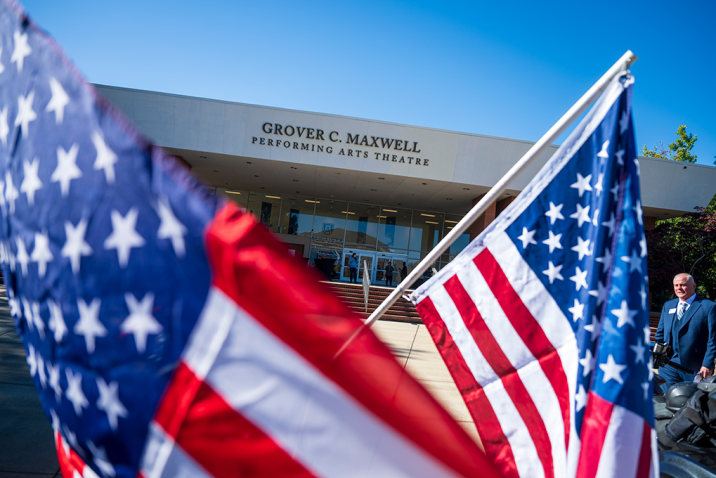
"We celebrate their bravery, their resilience and selflessness and the values they contribute to our lives, long after their service,” says Stefane Raulerson, EdD.